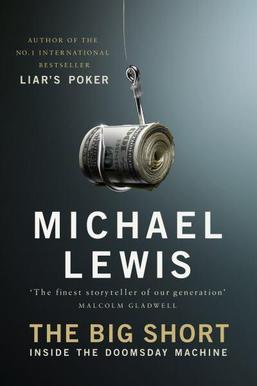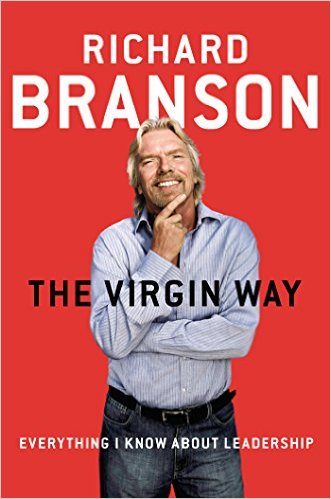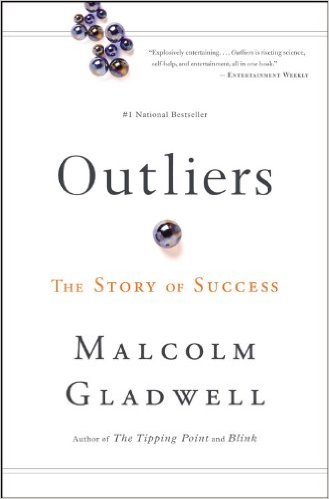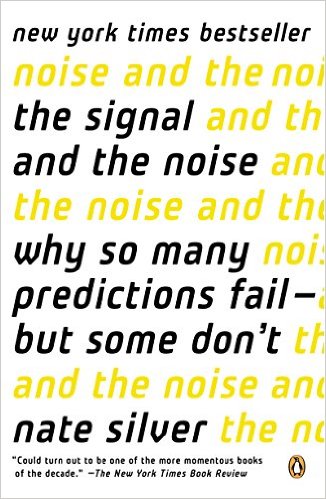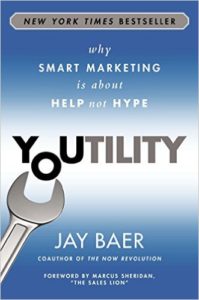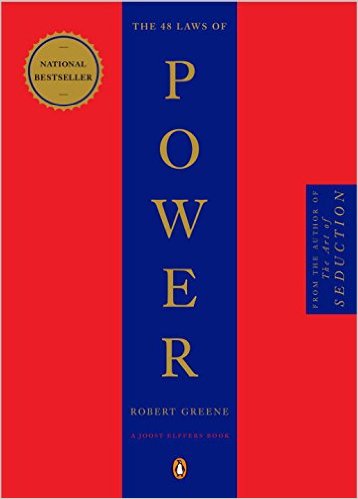For business professors, time is always an issue. What do you think? Originally posted in HBR.

Today, more and more students, parents, and taxpayers are demanding a greater return for the cost of college education. The Economist has called it a “revolution” and a “cost crisis” in university education. People are justifiably asking whether there is a reasonable return on their tuition investment and business schools are arguably under the microscope most of all.
This is a pendulum swing from the 1950s when research by the Ford and Carnegie foundations found too much of a focus on vocational training, and business education was criticized for being overly technical and applied. Business schools responded. Now, years later, educators have been criticized for going too far. One notable critic, Warren Bennis, a renowned leadership scholar from the University of Southern California, states that business schools have “an overemphasis on the rigor and an underemphasis on relevance.”
Some business schools have responded by hiring professors of practice, or industry executives without PhDs. The question remains as to whether there is a role for classically trained professors in business schools of the future. Or is it time for business professors to go back to work?
One of us, Holly Brower, decided to put this question to the test. Brower designed a faculty “externship” where she left her university office and for two months become part of global pharmaceutical company Eli Lilly’s daily operations. Rather than act as an outside consultant, she would work as an insider. Brower, along with other colleagues, had from time to time worked as a consultant for companies. These experiences, while helpful to understand contemporary business problems, quickly placed her in the role of teacher/adviser and the company as client. Brower was looking for a different type of experience with a more level playing field. Though short, the immersion within Eli Lilly offered her a litmus test for the material she teaches and researches.
With a company sponsor who was clearly open minded and inquisitive, and her expertise as a leadership scholar, together they mapped out a problem that Eli Lilly was working to resolve — their leadership programs across the globe needed a streamlined framework. She provided both expertise and an apolitical lens to build the new model.
In a separate externship, as part of KPMG’s Professor in Residence Program, a tax professor worked closely with a global team of accountants on implications of tax codes across South America. The project gave the professor a fresh look at the challenges his students would face as tax professionals and gave the accountants a chance to offer input into the professor’s research. As academic articles become sources for textbooks, this early feedback into academic research is critical, and the relevant work experience enhances class examples and coaching of students.
Though faculty externships are rare and there is not a “typical” model, we conducted a series of interviews with interested executives and professors with their own faculty externship experiences to construct a beta-tested protocol for a successful externship. These include identifying an internal sponsor for the faculty extern; an extern who fits with the company culture; and a clear project that is both related to the extern’s expertise and offers value to the company. This project should have specific start and end dates, and clear deliverables. The extern and the company should also come to a clear agreement about confidentiality rules. Once the externship begins, the internal sponsor should communicate the nature of the project and the background of the faculty extern, and help plan interactions such as lunch and learns between the faculty extern and employees. Finally, every externship should end with a debriefing.
One marketing executive who hosted an extern at IBM said of the weekly lunch and learn presentation: “The professor’s lunchtime talk was highly attended and received great feedback. Since many of us do not have a legal background, it was helpful to hear her points of view on how the law is impacting advertising. It was also great having her in smaller group meetings, getting to hear her points of view.”
While externships offer value, both faculty and executives resist the practice for a number of reasons. For companies, including a professor in daily operations can come with angst about whether or not that professor will fit in a positive way that doesn’t require too much “handholding.” The selection of the right extern is critical to find an ideal match. For professors, aside from a few limited exceptions, university norms and incentives currently do not support externships. While the academy values primary research on questions with managerial implications, there are strong trade-offs between working within a company, even for a limited time, and crafting a journal article.
There is also the question of whether professors are in fact more effective having some distance from business. Can more enduring perspectives be better taught through an outside view? Is the real problem not what is being taught in business schools, but instead what is being practiced by businesses? Like most interesting questions, perhaps the answer is “both.”
Holly Henderson Brower (Ph.D., Purdue University) is an Associate Professor at the School of Business at Wake Forest University where she also is the faculty director of the internship program. She consults and publishes on issues related to trust, leadership and effective decision making in both nonprofit and for-profit organizations.
Michelle D. Steward (Ph.D., Arizona State University) is an Associate Professor of Marketing at the School of Business at Wake Forest University. Michelle’s research interests are in the area of business-to-business marketing.
Original POST

